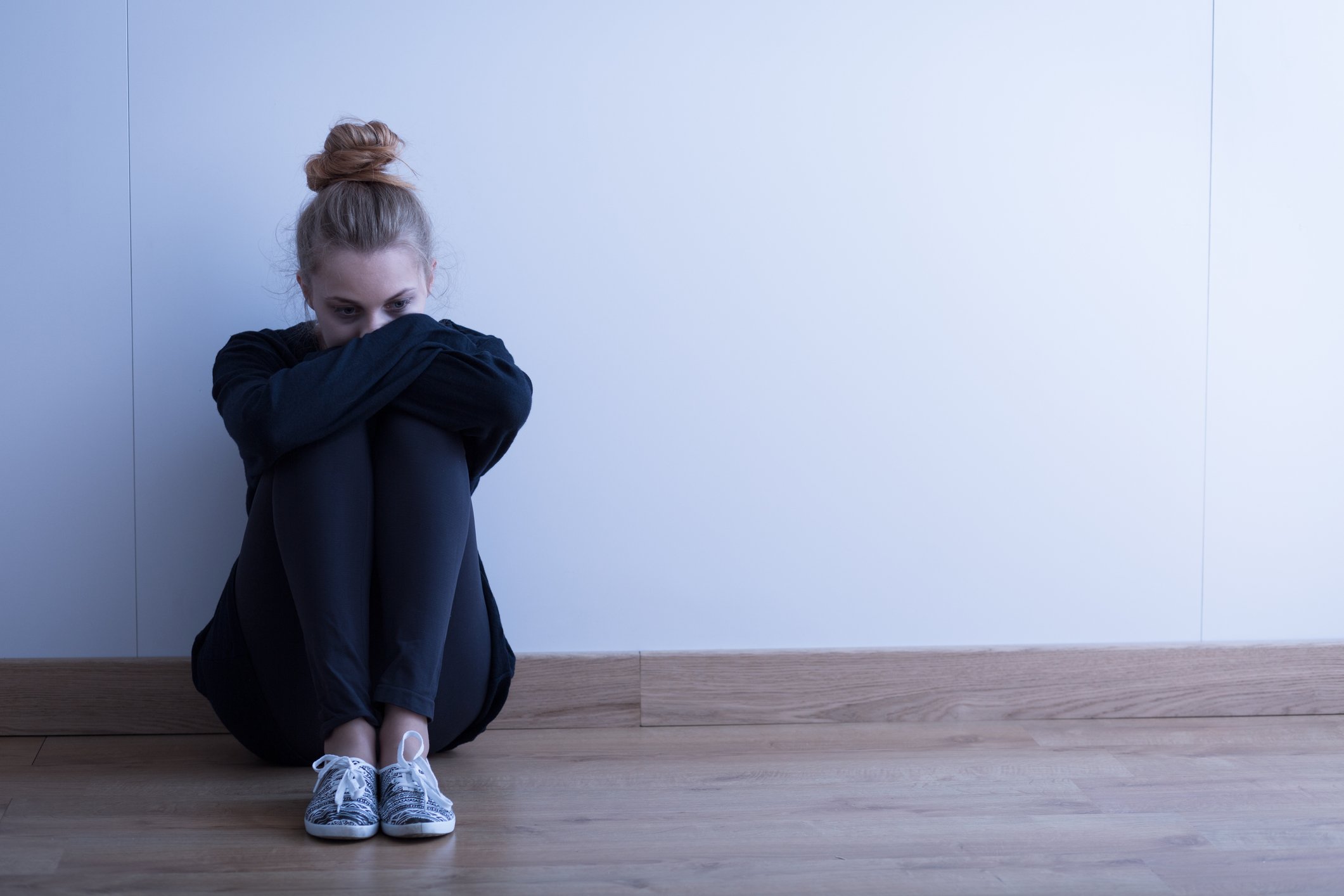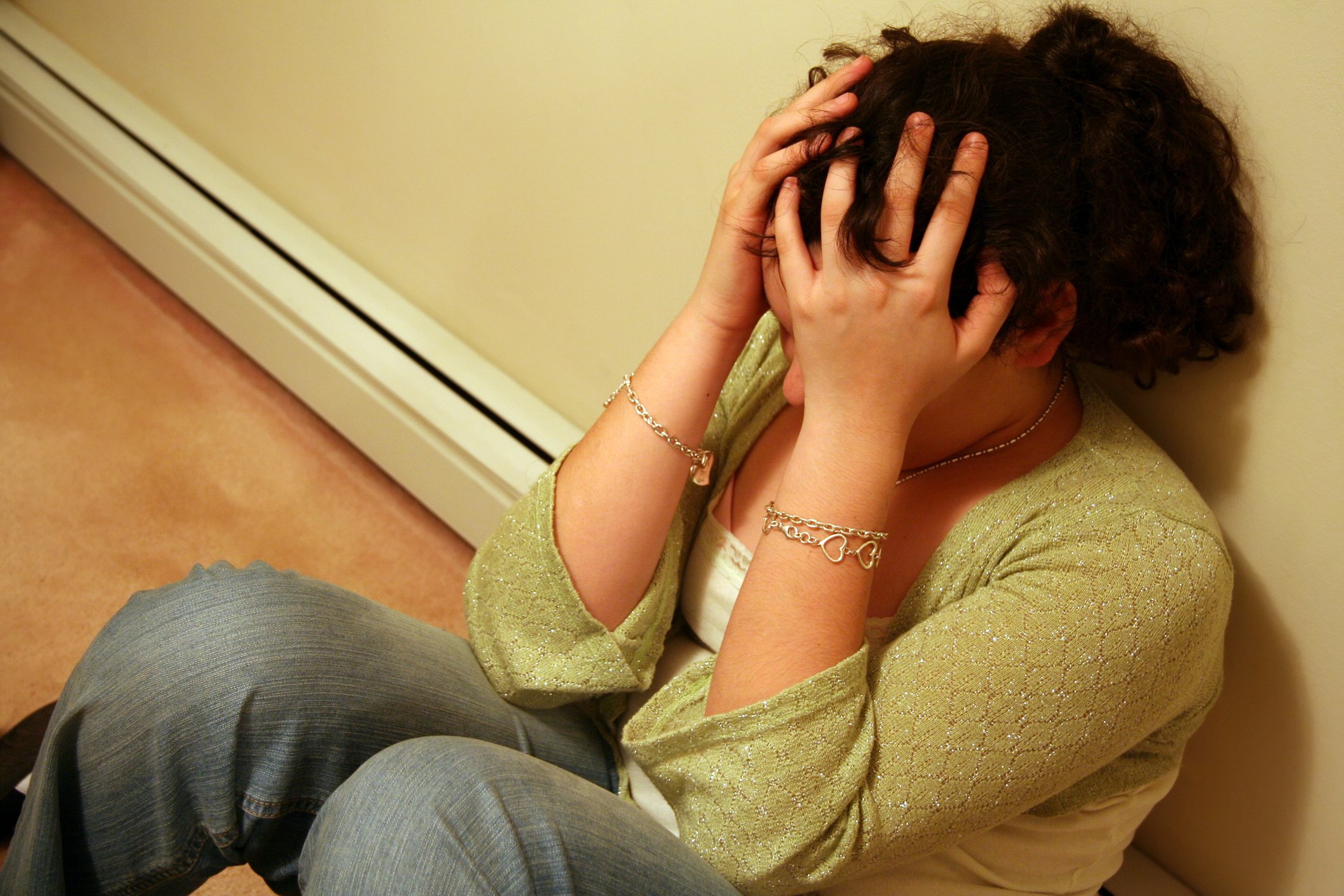Stuck and Tired: How Depression Drains Your Drive
Introduction
Ever feel like you're moving through mud, like even simple things—getting out of bed, brushing your teeth, replying to a text—take more effort than they should? You’re not lazy. You're not broken. You're possibly facing something real and heavy: depression.
Depression doesn’t always look like sadness and crying. Sometimes, it shows up as exhaustion, numbness, and a total lack of motivation. It’s like your body wants to move, but your brain keeps hitting the brakes. In this post, we’re diving into why depression makes it so hard to get things done—and how to start finding your way back.
1. The Science of Depression and Energy
When you’re depressed, your body and brain are operating on low power mode. Your brain chemicals—like dopamine and serotonin, which affect motivation, mood, and focus—get out of balance. It becomes harder to find energy or care about things you once loved.
You might:
Wake up still tired, no matter how long you sleep.
Struggle to focus on school, work, or conversations.
Feel mentally "foggy" or disconnected from the world.
This mental fatigue isn’t in your head—it’s real. Depression affects your nervous system, sleep cycle, and even your appetite, which are all connected to how much energy you have.
“People with depression often describe feeling like they’re moving through quicksand. Tasks that used to feel automatic now require a huge amount of effort.”
2. When Everything Feels Pointless: Depression vs. Laziness
Let’s be clear: depression is not laziness.
Laziness is choosing not to act when you can. Depression is wanting to act but feeling like you physically or mentally can’t. It's not about lack of willpower; it's about being stuck in a state where your brain literally blocks your drive to do things.
You’re not choosing to be unmotivated. You’re dealing with something that’s messing with your ability to care, to try, to even start.
3. How Depression Hijacks Your Everyday Life
The effects of depression can sneak into your life like fog. You might not even realise it at first. But over time, it shows up in ways like:
Ignoring texts or social media because everything feels like too much.
Putting off schoolwork, not because you're lazy, but because your brain can't handle the pressure.
Losing interest in things that used to light you up—sports, music, gaming, hanging with friends.
Feeling guilty for not doing more, even though you're already running on empty.
These are all signs your mental health is stretched too thin—not that you're failing at life.
4. Why “Just Try Harder” Doesn’t Work
When you’re depressed, people might say things like “just go outside,” “get some exercise,” or “think positive.” Sure, those things can help—but only if you're in a place to access them. Depression often robs you of the energy you need to even begin.
Instead, here are some gentler, more realistic ways to start shifting things:
Start small. Really small. Like “get up and stretch for 30 seconds” small.
Do one thing a day that feels like self-care—even if it’s brushing your teeth or changing clothes.
Write stuff down. Journaling or even noting what you're feeling in a phone note can help you offload.
Talk to someone. A friend, a parent, a school counsellor. You don’t have to figure it out alone.
Set “low bar” goals. Not “clean the whole room,” but “put one shirt away.”
Small victories count. They add up. They remind your brain what moving forward feels like.
5. You're Not Weak—You’re Carrying Something Heavy
If you’ve read this far, maybe you see yourself in these words. Maybe you're just tired of being tired.
Here’s what you need to know: Depression is not a personality flaw. It’s a condition—a treatable one. You’re not lazy, broken, or dramatic. You’re human, and you’re facing something real.
There’s no “quick fix,” but there is help. With time, support, and maybe some professional guidance, things can change.
Final Thought
If depression has drained your drive, it doesn't mean you're failing. It means you're fighting a battle most people don’t see—and still showing up in your own way.
You deserve support, not shame. Even if you feel stuck now, this moment isn’t forever. The fog can lift. And you don’t have to do it alone.
FAQ’s
-
If your tiredness is constant, affecting your daily life, and comes with feelings like hopelessness, numbness, or disconnection, it could be more than just being tired. Depression often lingers for weeks or more.
-
Depression can shut down the brain’s reward system, making hobbies and passions feel flat or meaningless. This is called anhedonia, and it’s a common (but reversible) symptom.
-
Yes, but it takes time. Motivation often comes after action—not before. Start with tiny steps, and the drive often builds as you move forward, especially with support or treatment.
-
Yes—and it’s something a lot of people with depression experience. But guilt isn't proof you’ve done something wrong. It’s a symptom of how depression distorts your self-worth.
-
Tell someone you trust. A friend, parent, teacher, or counsellor. You don’t have to have all the answers. You just have to take the first step—speaking up. That alone is powerful.









